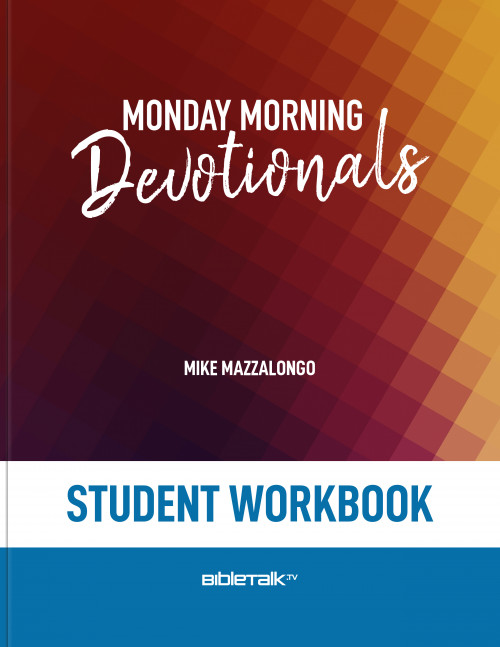Freedom from Sin
17But thanks be to God that though you were slaves of sin, you became obedient from the heart to that form of teaching to which you were committed, 18and having been freed from sin, you became slaves of righteousness.
- Romans 6:17-18
What does Paul mean when he says that we have been freed from sin; that we become slaves to righteousness?
He is speaking to Christians and so it means that all of us who are Christians have been freed from sin and made slaves to righteousness. We understand the words but is he talking about something we really have experienced? For example:
1. Freedom from Sin
At first glance one could think that we are no longer surrounded by sinfulness but just looking around at the world we inhabit with its crime and trouble would tell us that this is not so.
We could hope that this means that we personally are no longer going to sin as Christians but which on of us can say that we do not sin in some way all the time, so what does this freedom from sin mean?
Freedom from sin means two things:
A. We have freedom from the dominance that sin has over us.
We still sin, yes, but we do so less and less because we now have the Holy Spirit dwelling within us to help us overcome temptation. As Paul explains:
but if by the Spirit you are putting to death the deeds of the body, you will live.
- Romans 8:13b
B. We also have freedom from the consequences of sin.
Again, Paul teaches:
For the wages of sin is death, but the free gift of God is eternal life in Christ Jesus our Lord.
- Romans 6:23
Notice that he says:
Sin = death; free gift = eternal life.
We are liberated from the judgment against us. In other words, we are pardoned.
So through Jesus we are freed from the power that sin has over us and the punishment that awaits us because of it. Now, because of this freedom from sin, we become:
2. Slaves to righteousness
There is some misunderstanding about this passage. Slaves to righteousness does not mean that, as Christians we become slaves to perfectionism.
A slave to perfection is one who is never satisfied unless his behavior is without fault or work is without mistake or accomplishments are always better than everyone else's.
Unfortunately, this is what many think Christianity is all about.
A slave to righteousness is not a perfectionist, it is a person who is committed to pursuing what is right, who loves what is right, who rejoices in what is right. In Corinthians, Paul describes the slave of righteousness as one who:
does not rejoice in unrighteousness, but rejoices with the truth;
- I Corinthians 13:6
Jesus refers to these slaves of righteousness when He says,
“Blessed are those who hunger and thirst for righteousness, for they shall be satisfied.
- Matthew 5:6
They are slaves in the sense that whatever is right and good and pure and holy and worthy of praise, they are automatically for it, regardless of the cost or suffering or the opposition, they will side with what is right, even if they are not perfectly accomplishing what right demand themselves!
This thirst for righteousness will be satisfied to a degree now in the sense that the present imperfection is covered by God's grace but one day, when there will be no sin, no death, that thirst for what is right will be completely satisfied; they will be themselves perfect, not through accomplishment but through resurrection to perfection.
Summary
Therefore, when you put these ideas together, Paul is saying that when you are freed from sin you begin to be a slave of righteousness.
However, this freedom only comes when we are forgiven for our sins through repentance and baptism in the name of Christ.
- Paul refers to this teaching in Romans 6:17.
- Peter preaches it in Acts 2:38.
- Obedience to the teaching frees us from sin.
The question you need to ask yourself is: are you free, are you thirsty?
Discussion Questions
- Describe the kind of person you were before your conversion to Christianity.
- What does "freedom in Christ" mean for you personally?
- Which spiritual goals do you strive for above all others? Why?





